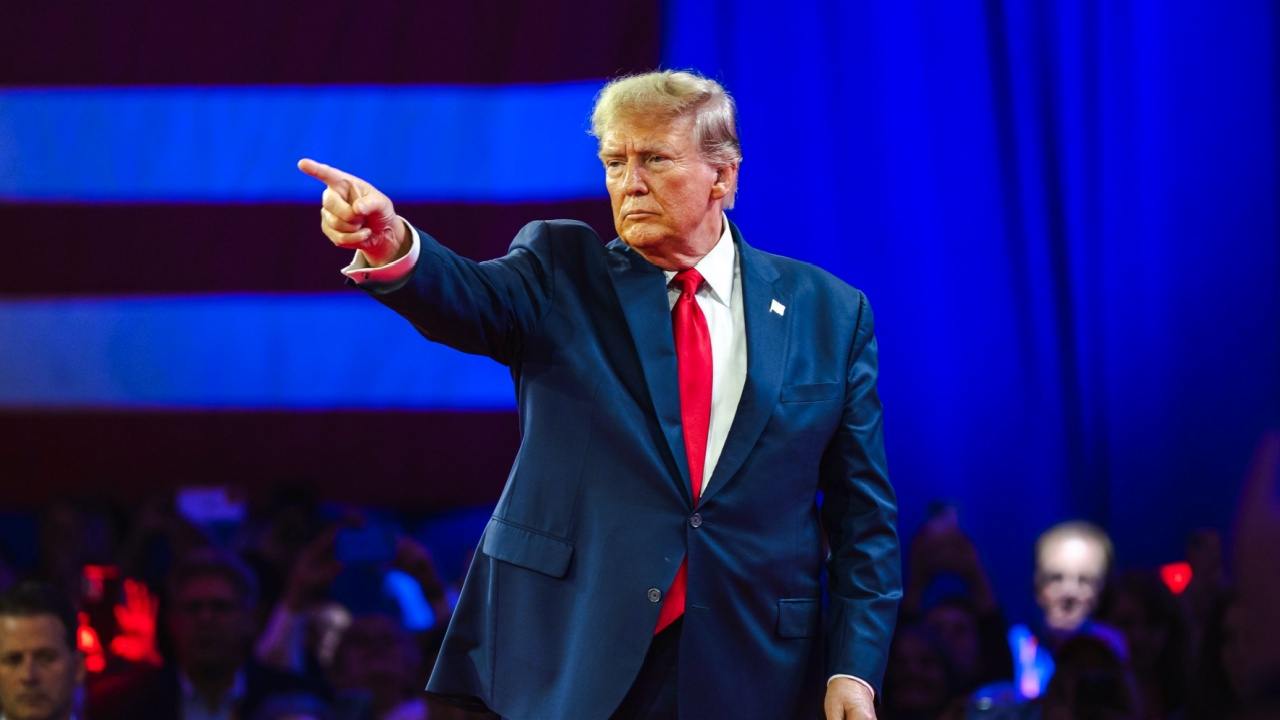Crypto As A Weapon? Russia Considers Stablecoins To Fight Sanctions
Russia’s pivot towards stablecoins comes against the backdrop of its chairmanship of the BRICS group (Brazil, Russia, India, China, and South Africa). The BRICS nations have previously discussed the creation of a digital currency-based payment system, the BRICS Bridge, to reduce reliance on the US dollar-dominated global financial system. Related Reading: Bitcoin Sideways Amid Fed […]

Russia’s pivot towards stablecoins comes against the backdrop of its chairmanship of the BRICS group (Brazil, Russia, India, China, and South Africa). The BRICS nations have previously discussed the creation of a digital currency-based payment system, the BRICS Bridge, to reduce reliance on the US dollar-dominated global financial system.
However, sanctions imposed on Russia have thrown a wrench into these plans. A Russian central bank official admitted that the current geopolitical climate makes collaboration on the BRICS Bridge extremely challenging.
Ditching The Dollar? Ruble Wobbles As Russia Eyes Stablecoins
Traditionally, Russia has maintained a cautious stance towards cryptocurrencies. However, the SWIFT ban and subsequent financial isolation have forced a rethink, propelling stablecoins into the center stage of Russian financial policy.
The exclusion of select Russian banks from the SWIFT messaging system, the backbone of international finance, has severely hampered Russia’s ability to conduct international business. This has resulted in a domino effect, impacting everything from oil and gas exports to essential imports.
In response, Russian authorities are actively exploring the legalization of stablecoins, cryptocurrencies pegged to a stable asset like the US dollar or gold, for cross-border payments.
Stablecoins offer a unique opportunity to bypass traditional financial channels currently restricted by sanctions, explained Alexey Guznov, Deputy Chairman of the Central Bank of Russia.
According to Guznov, their goal is to create a comprehensive system facilitating the acquisition, storage, and utilization of stablecoins for international trade. He emphasized that this is a long-term strategy, aiming to build resilience into the Russian financial system.
Challenges And Skepticism: Can Crypto Plug The Financial Leak?
While the potential benefits of stablecoin adoption are undeniable, several challenges cloud the path forward. Firstly, regulatory frameworks need to be established to govern the use of stablecoins.
Unregulated transactions raise concerns about money laundering and sanction evasion. Financial analysts caution that the anonymity associated with some crypto transactions could make it difficult to track illicit activity.
Secondly, questions linger regarding the widespread adoption of stablecoins. The comparative immaturity of stablecoin infrastructure and fluctuations in stablecoin values compared to traditional currencies are causes for concern.
Elvira Nabiullina, Governor of the Central Bank of Russia, acknowledged these concerns. While new financial technologies present exciting opportunities, she said the central bank must ensure stablecoin use adheres to regulatory standards to maintain financial stability.
The adoption of stablecoins by Russia is a bold move, representing a significant shift in its financial strategy. While stablecoins hold the potential to mitigate the impact of sanctions, significant regulatory hurdles and concerns about cryptocurrency’s volatility need to be addressed.
This experiment will be a closely watched chapter in the ongoing economic warfare, with the outcome shaping the future of the global financial landscape.
Featured image from CEPA, chart from TradingView
What's Your Reaction?




















